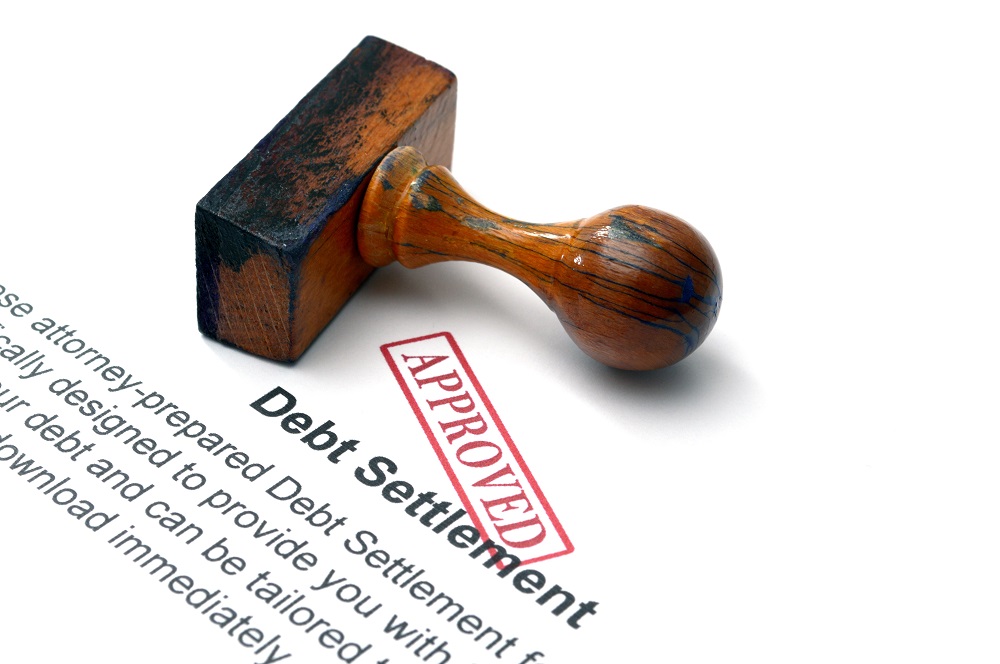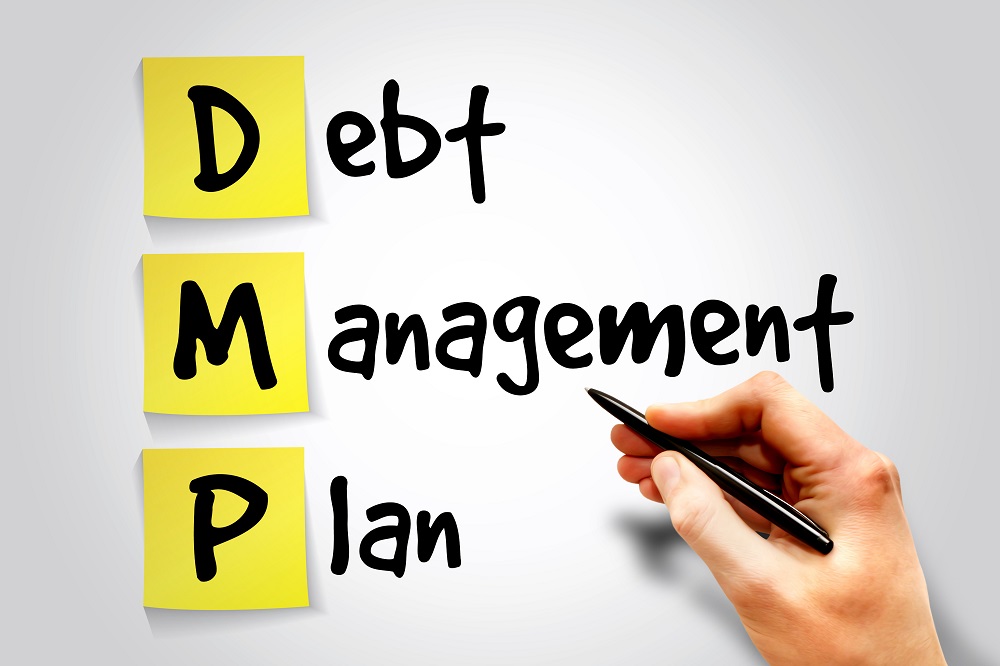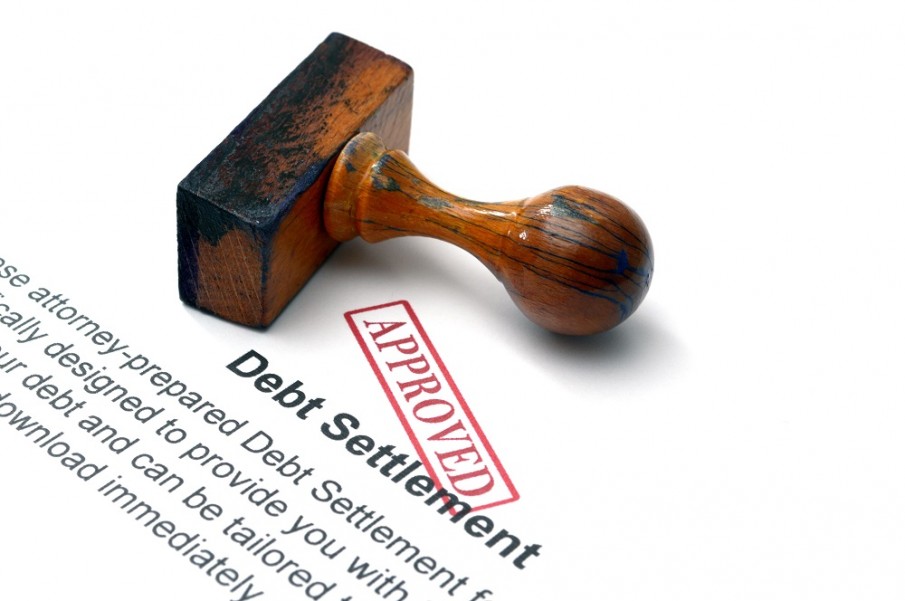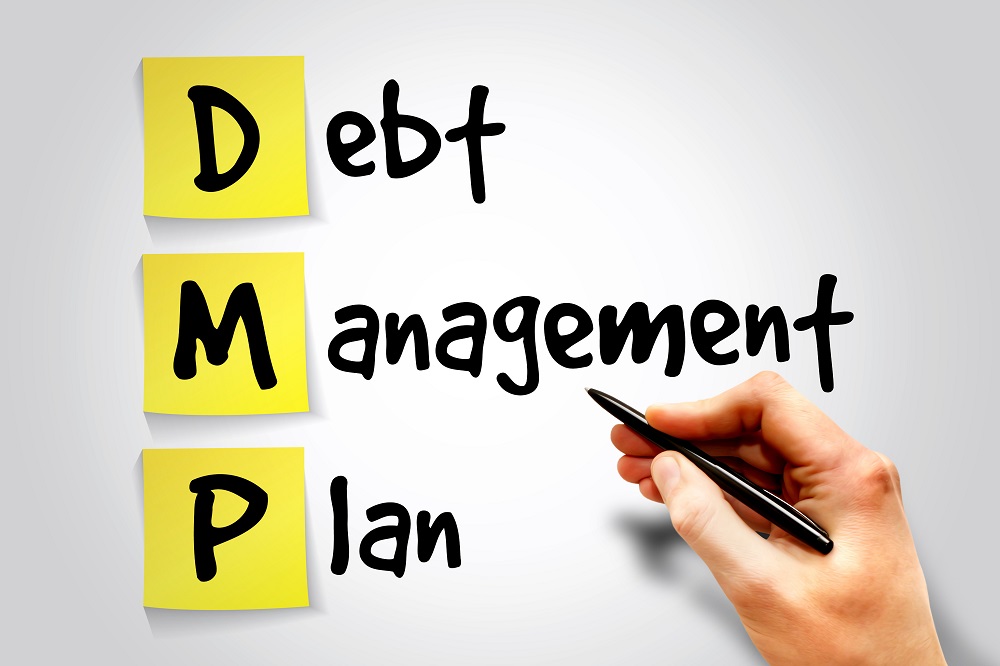Choosing Between Debt Settlement and Debt Consolidation

Our lives are fluid: things are constantly changing. Even our preferences can change in a matter of moments. Steak may have sounded good for dinner at 4:00 p.m., but chicken may sound preferable at 5:00 p.m. What holds true for our tastes and appetites holds true for our finances – what may seem like a wise and sound financial decision one day may appear to be a terrible decision the next day.
Many debtors turn to debt consolidation or debt settlement as a way of resolving outstanding obligations that they are unable to pay back as agreed. There are benefits and drawbacks to each method of debt resolution, and debtors must weigh these benefits and costs before deciding to utilize either one method or the other. What happens, though, when a debtor chooses one method but then realizes the other method would have made more financial sense?
Words of Wisdom: Don’t End Up in This Situation
Before discussing whether it is even possible to turn a debt settlement arrangement into a debt consolidation agreement or vice versa, it must be said that it is far better to avoid this situation altogether. That is, debtors considering either debt settlement or debt consolidation should make a careful and informed decision. A debtor should rarely make such a weighty decision in an instant and without talking to his or her spouse, family, or trusted friends or relatives. The goal of selecting a method is to choose an option that you will be able to fulfill and that will provide you with the best chance of success. Find out the different ways to eliminate credit card debt at Forbes.
Changing from One Method to the Other
 If you do find it necessary to switch methods midstream, you should know that the creditor is not obligated to allow you to do so. You must be prepared to present compelling reasons to the creditor that will convince the creditor to accept your request. By following a few simple tips, you can increase the chance your request will be approved:
If you do find it necessary to switch methods midstream, you should know that the creditor is not obligated to allow you to do so. You must be prepared to present compelling reasons to the creditor that will convince the creditor to accept your request. By following a few simple tips, you can increase the chance your request will be approved:
Request a change early rather than later. The earlier you request a change from debt settlement to debt consolidation, the better the chances your request will be honored. It is very difficult to change a debt settlement agreement on the eve of your agreed-upon payment date; conversely, changing your mind about a debt settlement offer before the relevant paperwork is even signed is much easier.
Contact the creditor in writing. You may make your request over the phone, but you should follow your request up in writing. When contacting your creditor, be prepared to explain the circumstances that led to your change of heart. Saying you simply thought about it more and didn’t want to go through with the existing arrangement is not likely going to achieve the results you desire. However, explaining that your car broke down and you need to find alternative means of transportation right away may be sufficient to convince a creditor to grant your request.
Demonstrate how the change will benefit the creditor. Ultimately, the creditor is interested in its well-being. Your request should be constructed in such a way that the creditor sees how he or she will benefit from allowing you to change the method of debt resolution. Mention that under a debt consolidation plan you would be paying more of your obligation back. If you are attempting to switch from a debt consolidation plan to a debt settlement plan, make clear to the creditor that under the debt settlement plan (if agreed to) the creditor would be receiving payment much sooner than if you stayed with the debt consolidation plan.




